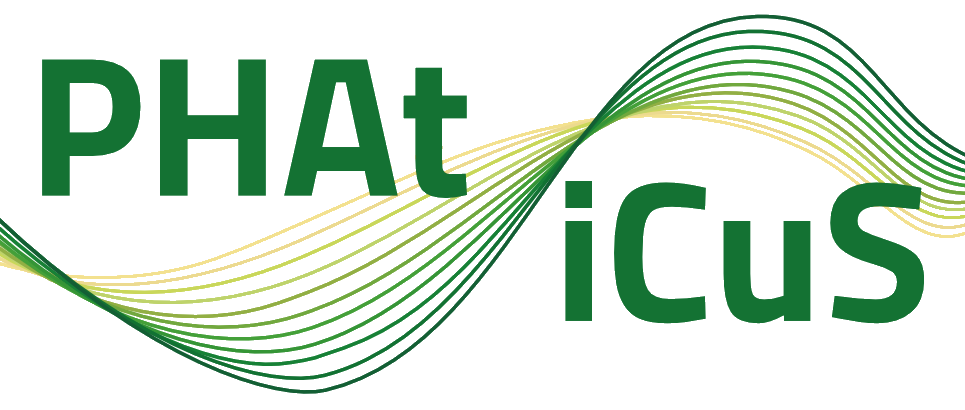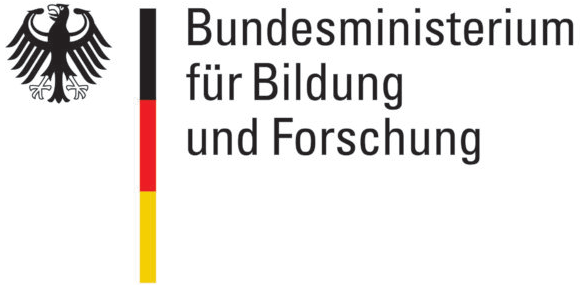Responsibility
Innovation for the environment
Whether tractor, wind turbine or train: no machine can do without lubrication. But when lubricants or greases are used in an open system, the operation of the mechanical parts inevitably causes abrasion in the environment. This is why it is so important to have residue-free, biodegradable lubricants available for environmentally sensitive applications such as the open sea, in forests or on farmland.
However, not all lubricants can yet be produced in a sustainable and environmentally friendly manner using the current state of the art. For example, thickening agentes, which currently still consist of fossil-based metal soaps or inorganic fillers, plastics and polyureas, are added to lubricants. These materials are usually not biodegradable and can have disadvantages for the environment. Due to a lack of alternatives, however, the use of these classic thickeners is necessary in order to achieve the required properties of the lubricant.
The partners in the PHAt project are developing alternative thickeners based on natural substances to meet this need. New process steps are used to produce environmentally friendly, completely biodegradable lubricants. In this way the PHAt project partners contribute to greater independence from fossil raw materials and to the protection of our environment.


